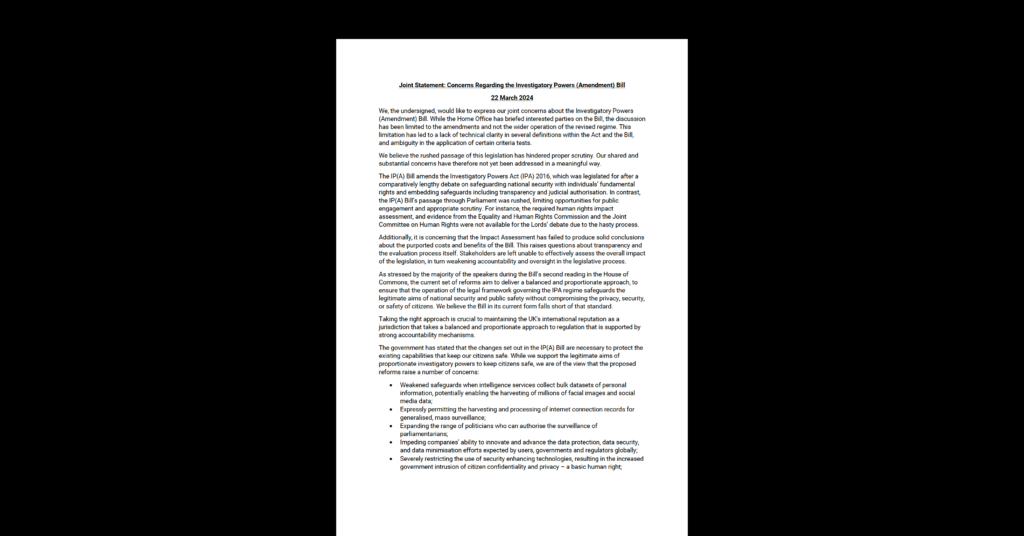‘EU Porn Ban’ Mostly Hype, Still Raises Free Expression Flags
Today, in the European Parliament, Members vote on a “Resolution on Eliminating Gender Stereotypes in the EU”. The ‘own initiative report’, drafted by Dutch Socialist MEP Kartika Tamara Liotard, has caught the attention of media and commentators, and has been receiving harsh and well-deserved criticism from many quarters.
Several news reports refer to an imminent ‘EU ban on pornography’. This is not accurate. A European Parliament resolution has no legal or legislative force. It is simply a political statement and a general call for action. While the European Parliament issues many such resolutions every year, urging the European Commission and Member States to take legislative action on a wide range of issues, most of these efforts go nowhere.
But though there’s no imminent legislative threat from this Resolution on Eliminating Gender Stereotypes in the EU, it still raises cause for concern. The Resolution includes recommendations specific to the Internet and media that, while unlikely to ever be realistically considered, reflect thoroughly misguided, yet widespread, notions about limitations on freedom of speech, and obligations of intermediaries to monitor, control, and filter content on the Internet.
Most importantly, in paragraph 17 the Resolution calls on the EU and Member States to take concrete action on a 1997 resolution demanding a ban on all forms of pornography in the media. Paragraph 19 calls for establishing “independent regulation bodies with the aim of controlling the media and advertising industry,” and in paragraph 14, the Resolution calls for specific action at the EU level to develop a “genuine culture of equality on the Internet”. Without going into specifics about what this would look like or how it would be implemented, the Resolution asks the Commission to draw up a charter to which all Internet operators will be invited to adhere.
Such measures, were they ever to be adopted, would create serious government-mandated limitations on freedom of speech and would require private companies to act as censors and controllers of online expression and behaviour. Internet service providers and online platforms would need to monitor citizens’ and consumers’ activities. Motion pictures, television programmes, literature, visual arts, and song lyrics would have to obtain the censors’ approval before release, or be blocked from distribution. No doubt a large portion of existing books, movies, and songs, would fail any gender equality test created by the government. Clearly, most of the Rolling Stones’ back catalogue would probably have to go.
MEP Liotard’s no doubt means well, and the promotion of gender equality and the rights of women in Europe is a serious and important concern. Good intentions, however, lie behind much bad policy and legislation. The ideas in the Regulation are no exception, seeking to address legitimate concerns but in a way that would have drastic implications for fundamental rights of freedom of expression and the press. We must hope that the European Parliament reject them roundly.


